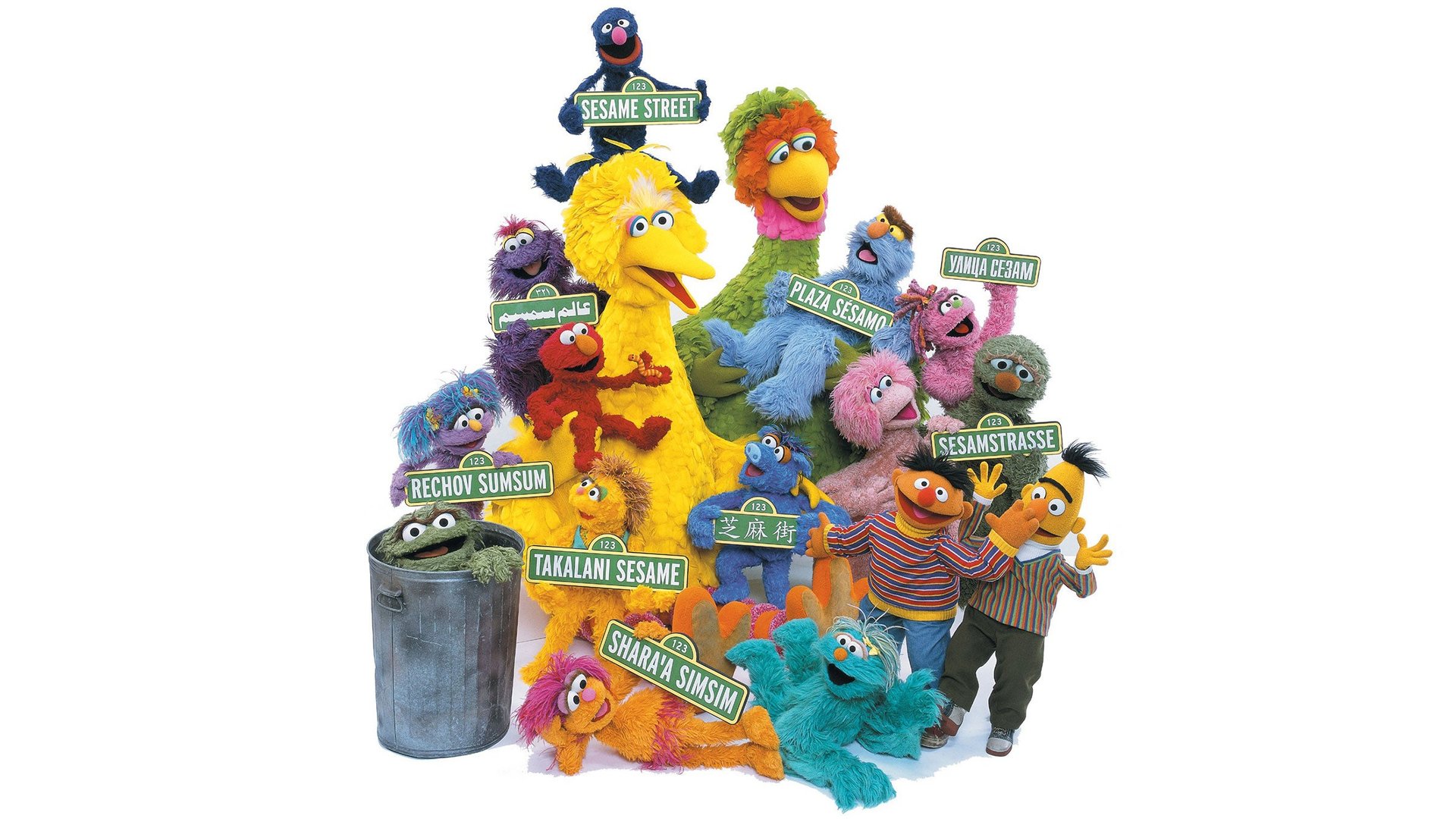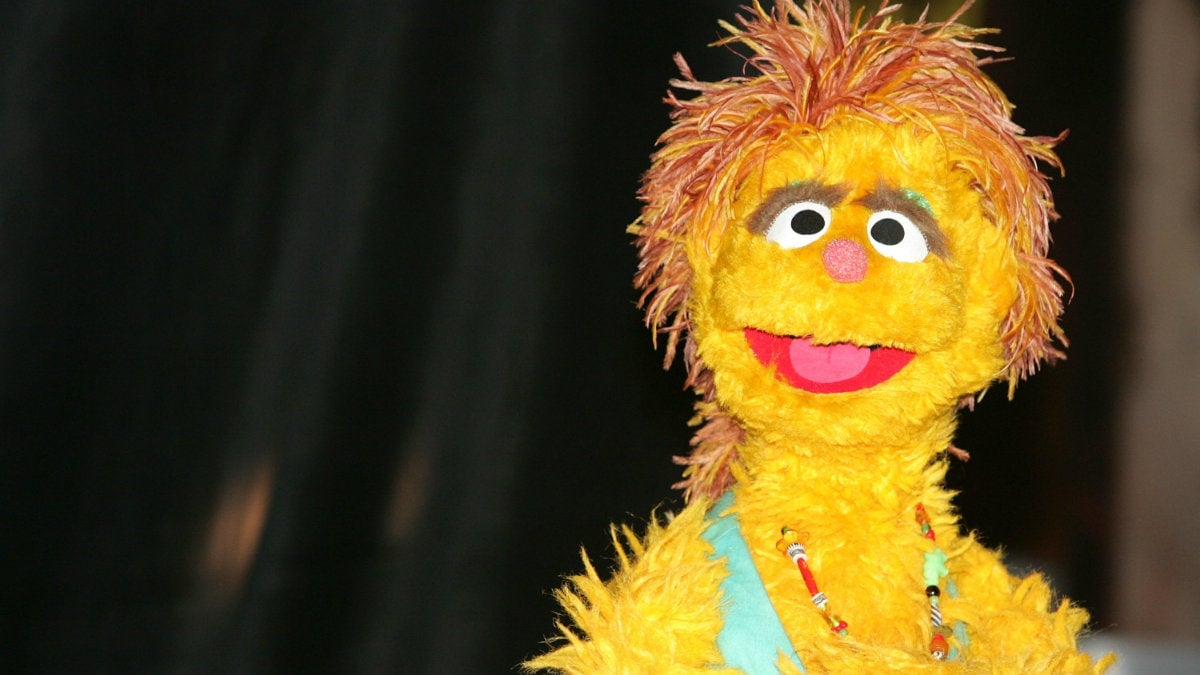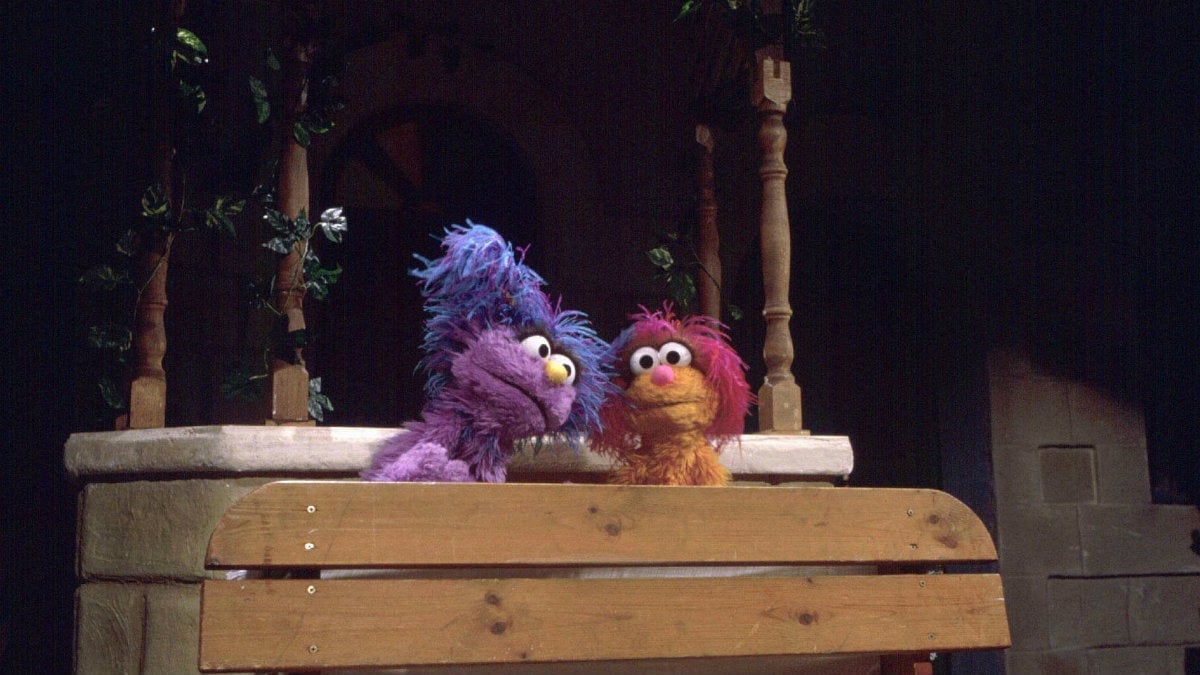It’s not just Big Bird: Sesame Street is a political lightning rod around the world
Alongside tax plans and unemployment, Big Bird and his Sesame Street pals took center stage during last week’s US presidential debate when candidate Mitt Romney said he would cut funding for the educational PBS show. Yet this is not the first time the fun-loving Muppets have been in the political spotlight.


Alongside tax plans and unemployment, Big Bird and his Sesame Street pals took center stage during last week’s US presidential debate when candidate Mitt Romney said he would cut funding for the educational PBS show. Yet this is not the first time the fun-loving Muppets have been in the political spotlight.
The show is now broadcast in more than 140 different countries around the world. Though core themes like kindness, tolerance, and education persist, each show develops unique characters and focus depending on its location.
And from the fall of the Soviet Union to the Palestinian-Israeli conflict, it hasn’t always been sunny days on Sesame Street.
Ulitsa Sezam
First airing in 1996, the Russian version of Sesame Street was uncharacteristically difficult—it took five years and $6 million to come to fruition. The show sought to introduce democratic principles to a new generation of Russian children as well as an appreciation for fun. It was a difficult endeavor to bring some of the goofy joy to a country mired in despair after decades of totalitarian rule. The writers of the show wanted to use the word “depressia” which means, no joke, to teach the letter “D,” not exactly a winning strategy for toddlers.
Zhima Jie
Sesame Street in China, Zhima Jie, ran from 1998 to 2001, again in 2004, was just revived in 2010 as Da Niao Kan Shijie, Big Bird Looks at the World. The show’s content was developed by a team of 18 experts and educators from across China. According to a Chicago Tribune article from 1999:
There were debates, for example, on whether the depiction of a Buddhist monk in a tale of the Monkey King’s journeys violated a religion taboo (it didn’t, the panel decided). And one imported animated segment was scratched because a map did not show Taiwan as being part of the People’s Republic.
Takalani Sesame

In 2002, South Africa offered its version of Sesame Street with Kami, an HIV-positive muppet who contracted the disease during a blood transfusion. The inclusion of the character was made with the hope of dispelling the stigma surrounding the disease which has the largest population in the world living with the virus. The news of a new HIV-infected muppet caused an outcry from Republican congressman who feared she’d become a transplant on the US show. PBS President Pat Mitchell wrote a letter assuring the congressmen that there were no plans to incorporate HIV education into American Sesame Street.
Shara’a Simsim
In January 2012, the chairwoman of the House Foreign Affairs Committee put a hold on earmarked funds for projects in the West Bank and the Gaza strip including $2.5 million for Palestianian Sesame Street, Shara’a Simsim. She sought to protest Palestinian President Mahmoud Abbas. Yet the State Department offered $750,000 to an Israeli non-profit working with Israel’s Sesame Street, Rechov Sumsum.
The two versions of the show have had a storied history.
In 1998, the Palestinians and Israelis worked together on a joint production of the show. In a New York Times’ article from 2009:
The Palestinians didn’t want to show Israel’s flag or state colors or kids wearing yarmulkes. The Israelis didn’t want to see the Palestinian flag or Muppets wearing kaffiyehs.

And so they ended up looking like any other pair of Muppet friends. Except their interactions were closely monitored. One episode where the Israeli and Palestinian muppets were supposed to meet was especially contentious:
They finally agreed that the Muppets would visit one another’s streets rather than meet in a park. But again, controversy arose: the Israelis were in favor of spontaneous Muppet drop-bys, but the Palestinians insisted the visits had to be by invitation only.
Studies have shown that Israeli kids who watch the show have a more favorable view of Palestinian kids though the same can’t be said for the reverse.